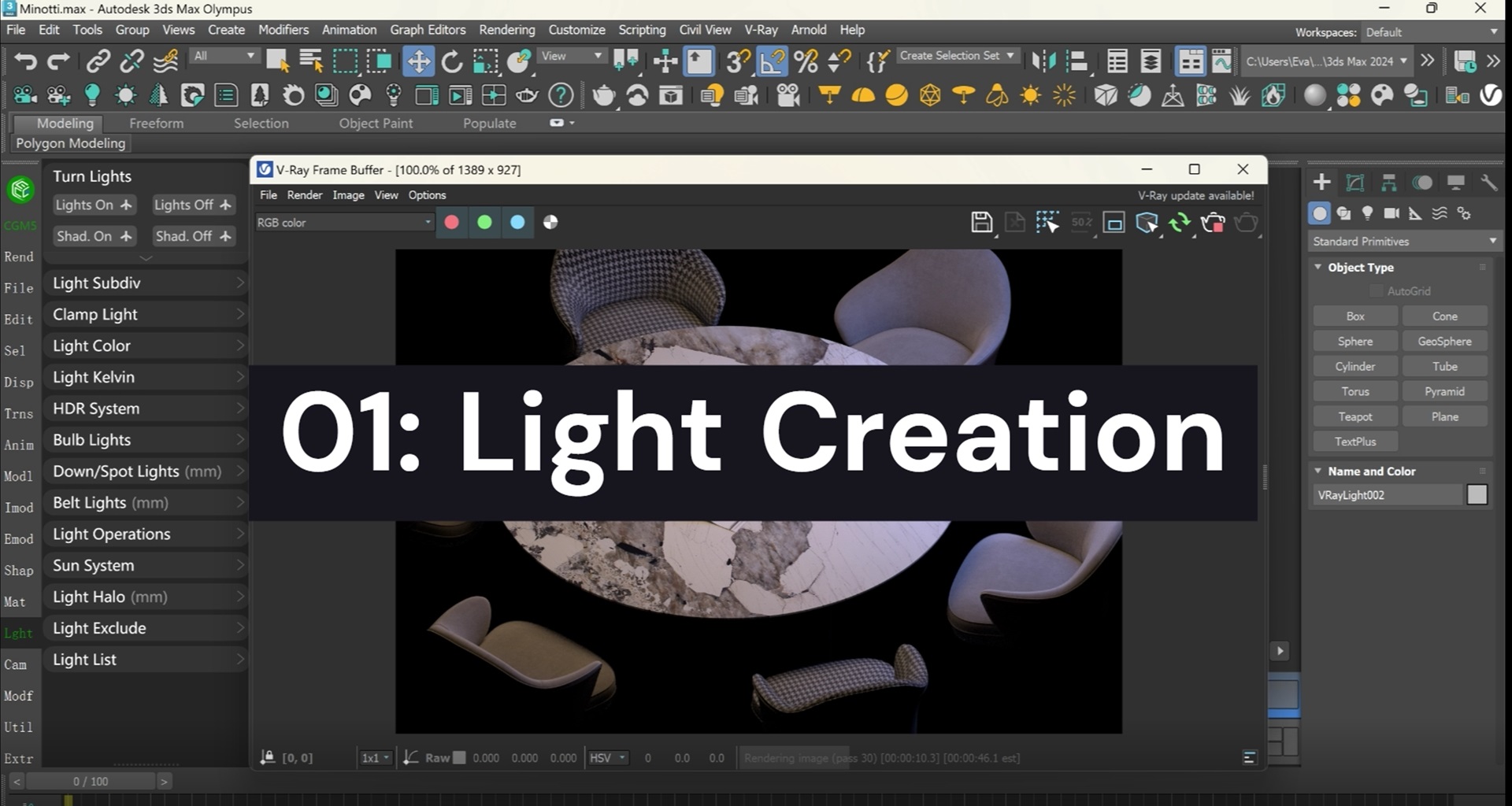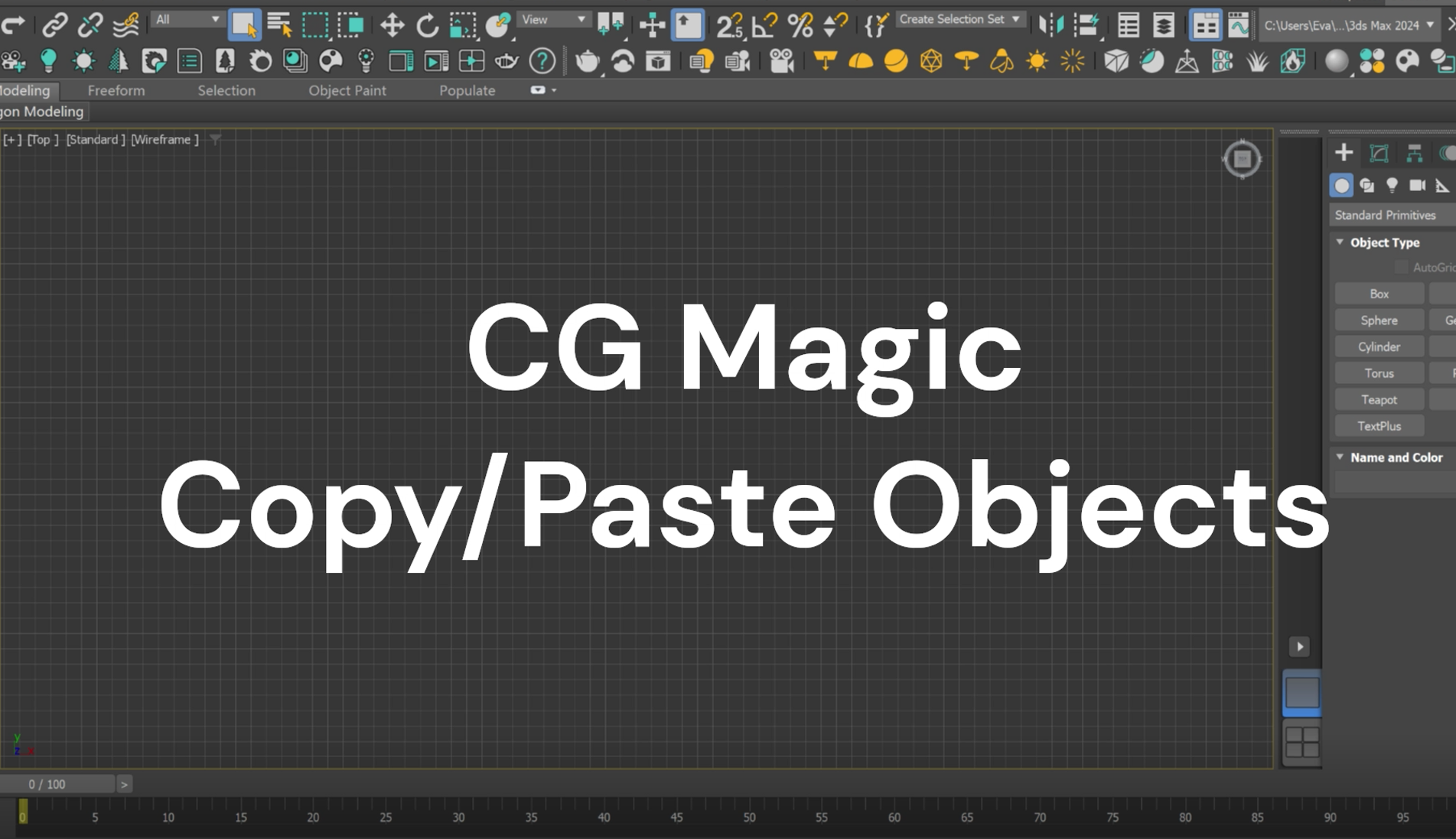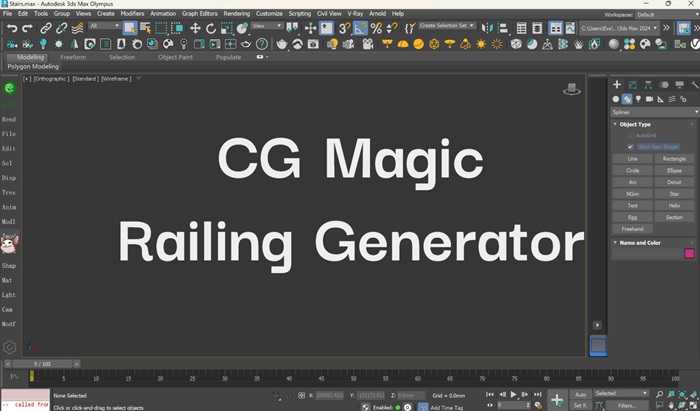Maxon has launched Cinema 4D 2025, the latest significant update to its renowned 3D software tailored for motion graphics, visual effects (VFX), and visualization projects.
| Key Updates in Cinema 4D 2025.0
The 2025.0 release introduces substantial enhancements to Cinema 4D’s procedural modeling toolkit and includes a new Field Driver tag for procedural animation. Additionally, it brings new functionalities for particle, Pyro, and rigid body simulations.

| Integration of Redshift GPU with Cinema 4D Subscription
One of the most notable changes in Cinema 4D 2025 is the inclusion of the full GPU version of the Redshift renderer with every subscription. Previously, Cinema 4D subscriptions only included the CPU version of Redshift, requiring a separate subscription for the GPU version.

| Enhanced Procedural Modeling and Animation Workflows
Cinema 4D 2025.0 introduces several updates across its core toolsets, particularly enhancing procedural modeling through the Scene Nodes architecture. Key additions include a new Noise Modifier for surface deformation and improved spline modeling capabilities, allowing users to set splines as open or closed.

For procedural animation, the new Field Driver tag enables control over object parameters using Fields. Previously, Fields were limited to controlling clones created via Cinema 4D’s MoGraph toolset. They can now be applied to any object or tag parameter, unlocking new animation workflows.
| Advances in Particle, Pyro, and Rigid Body Simulation
Cinema 4D’s Unified Simulation System continues to evolve, especially the particle simulation toolset introduced in Cinema 4D 2024.4. The latest release includes enhancements designed to increase the art-directability of particle systems. Notable updates include a Follow Spline modifier for guiding particles along spline paths, a new Point emitter shape, and additional control attributes for existing modifiers such as Surface Attract and Pyro Advect.

The Pyro simulation system, used for simulating fire and smoke, now features new Sparse Surface and Sparse Volume emission types. These modes utilize NanoVDB, NVIDIA’s streamlined representation of the OpenVDB data structure, resulting in faster processing and reduced memory usage.

Rigid body simulations have also been improved, with support for the Force Object, enabling rigid bodies to attract or repel neighboring objects. Additionally, rigid bodies generated from particles can now inherit their speed and orientation.
| Few Features’ Enhancements
Technical Directors (TDs) will benefit from the new Object Profiler, designed to identify performance bottlenecks in complex scenes by displaying execution times for each object and tag. Workflow improvements include enhancements to OCIO color management, and for pipeline integration, USD support has been extended. Users can now export instances and skeletal animations, including skin weights for characters, in USD format.

XRender Farm, a top-tier cloud rendering service and render farm, fully supports Cinema 4D rendering. We're thrilled to announce a special offer: all student registrants can now enjoy a 50% discount. Additionally, you can earn a 10% recharging commission reward for each friend you invite to register as a new user. Join us today and let's begin rendering!









